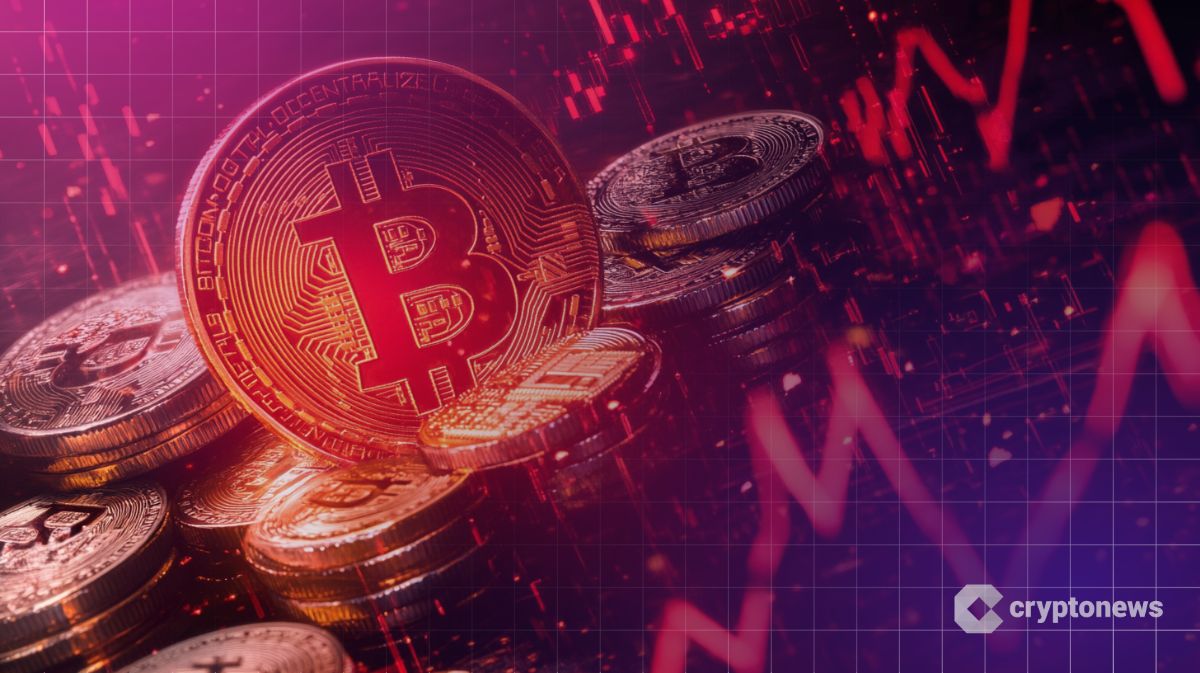Is El Salvador’s Bitcoin Revolution Losing Steam? 89% of Bitcoin Service Providers Inactive

Despite El Salvador’s historic move to adopt Bitcoin as legal tender in 2021, the majority of registered Bitcoin service providers in the country are no longer active.
According to data reviewed by EFE from the Central Reserve Bank (BCR), 89% of the 181 registered Bitcoin service providers are currently listed as inactive.
Out of the total, 161 providers are marked as “non-operating,” with at least 22 of them failing to comply with key regulatory requirements outlined in Article 4 of the Bitcoin Law Regulations.
These rules require providers to uphold standards such as maintaining anti-money laundering programs, proper financial recordkeeping, and cybersecurity measures tailored to their services.
Only 20 Bitcoin Providers Remain Active in El Salvador
Only 20 providers are still active, including the state-run Chivo Wallet, Crypto Trading & Investment, and Fintech Americas.
The data raises questions about the long-term sustainability of the Bitcoin ecosystem in the country.
El Salvador made global headlines in 2021 when it became the first nation to adopt Bitcoin as legal tender alongside the U.S. dollar.
However, following a $1.4 billion agreement with the International Monetary Fund (IMF), the government rolled back key aspects of the Bitcoin Law, removing Bitcoin’s legal tender status and the state’s role in mandating its acceptance.
Despite the IMF’s recommendation to restrict state involvement, President Nayib Bukele’s administration has continued to purchase Bitcoin.
The country now holds more than 6,100 BTC, valued at over $500 million. Critics argue that this strategy could jeopardize the IMF agreement and pose financial risks to the country.
Bukele Aims to Transform El Salvador Into Regional Tech Hub
Beyond cryptocurrency, President Nayib Bukele is pushing for El Salvador to become a regional tech hub.
He recently met with Andreessen Horowitz (a16z) co-founders Ben Horowitz and Marc Andreessen to discuss AI investment opportunities.
The discussions focused on policy incentives, including a 0% tax rate for tech industries and regulatory support for AI development, as part of efforts to position El Salvador as a leader in technological innovation.
As reported, El Salvador has also begun building “Bitcoin City Airport,” an air transport hub that will supposedly one day link Bitcoin City to the rest of the world.
The nation’s official press agency published a video on its YouTube page showing the Salvadoran President Nayib Bukele at a press event at the construction site, laying the first foundation stone on what will one day become Pacific Airport (official name).
The post Is El Salvador’s Bitcoin Revolution Losing Steam? 89% of Bitcoin Service Providers Inactive appeared first on Cryptonews.
Is El Salvador’s Bitcoin Revolution Losing Steam? 89% of Bitcoin Service Providers Inactive

Despite El Salvador’s historic move to adopt Bitcoin as legal tender in 2021, the majority of registered Bitcoin service providers in the country are no longer active.
According to data reviewed by EFE from the Central Reserve Bank (BCR), 89% of the 181 registered Bitcoin service providers are currently listed as inactive.
Out of the total, 161 providers are marked as “non-operating,” with at least 22 of them failing to comply with key regulatory requirements outlined in Article 4 of the Bitcoin Law Regulations.
These rules require providers to uphold standards such as maintaining anti-money laundering programs, proper financial recordkeeping, and cybersecurity measures tailored to their services.
Only 20 Bitcoin Providers Remain Active in El Salvador
Only 20 providers are still active, including the state-run Chivo Wallet, Crypto Trading & Investment, and Fintech Americas.
The data raises questions about the long-term sustainability of the Bitcoin ecosystem in the country.
El Salvador made global headlines in 2021 when it became the first nation to adopt Bitcoin as legal tender alongside the U.S. dollar.
However, following a $1.4 billion agreement with the International Monetary Fund (IMF), the government rolled back key aspects of the Bitcoin Law, removing Bitcoin’s legal tender status and the state’s role in mandating its acceptance.
Despite the IMF’s recommendation to restrict state involvement, President Nayib Bukele’s administration has continued to purchase Bitcoin.
The country now holds more than 6,100 BTC, valued at over $500 million. Critics argue that this strategy could jeopardize the IMF agreement and pose financial risks to the country.
Bukele Aims to Transform El Salvador Into Regional Tech Hub
Beyond cryptocurrency, President Nayib Bukele is pushing for El Salvador to become a regional tech hub.
He recently met with Andreessen Horowitz (a16z) co-founders Ben Horowitz and Marc Andreessen to discuss AI investment opportunities.
The discussions focused on policy incentives, including a 0% tax rate for tech industries and regulatory support for AI development, as part of efforts to position El Salvador as a leader in technological innovation.
As reported, El Salvador has also begun building “Bitcoin City Airport,” an air transport hub that will supposedly one day link Bitcoin City to the rest of the world.
The nation’s official press agency published a video on its YouTube page showing the Salvadoran President Nayib Bukele at a press event at the construction site, laying the first foundation stone on what will one day become Pacific Airport (official name).
The post Is El Salvador’s Bitcoin Revolution Losing Steam? 89% of Bitcoin Service Providers Inactive appeared first on Cryptonews.
 President Bukele recently met at Casa Presidencial with the co-founders of Silicon Valley venture capital firm, Andreessen Horowitz:
President Bukele recently met at Casa Presidencial with the co-founders of Silicon Valley venture capital firm, Andreessen Horowitz:  Investment opportunities in El Salvador as an emerging regional tech hub focused on freedom…
Investment opportunities in El Salvador as an emerging regional tech hub focused on freedom… 
